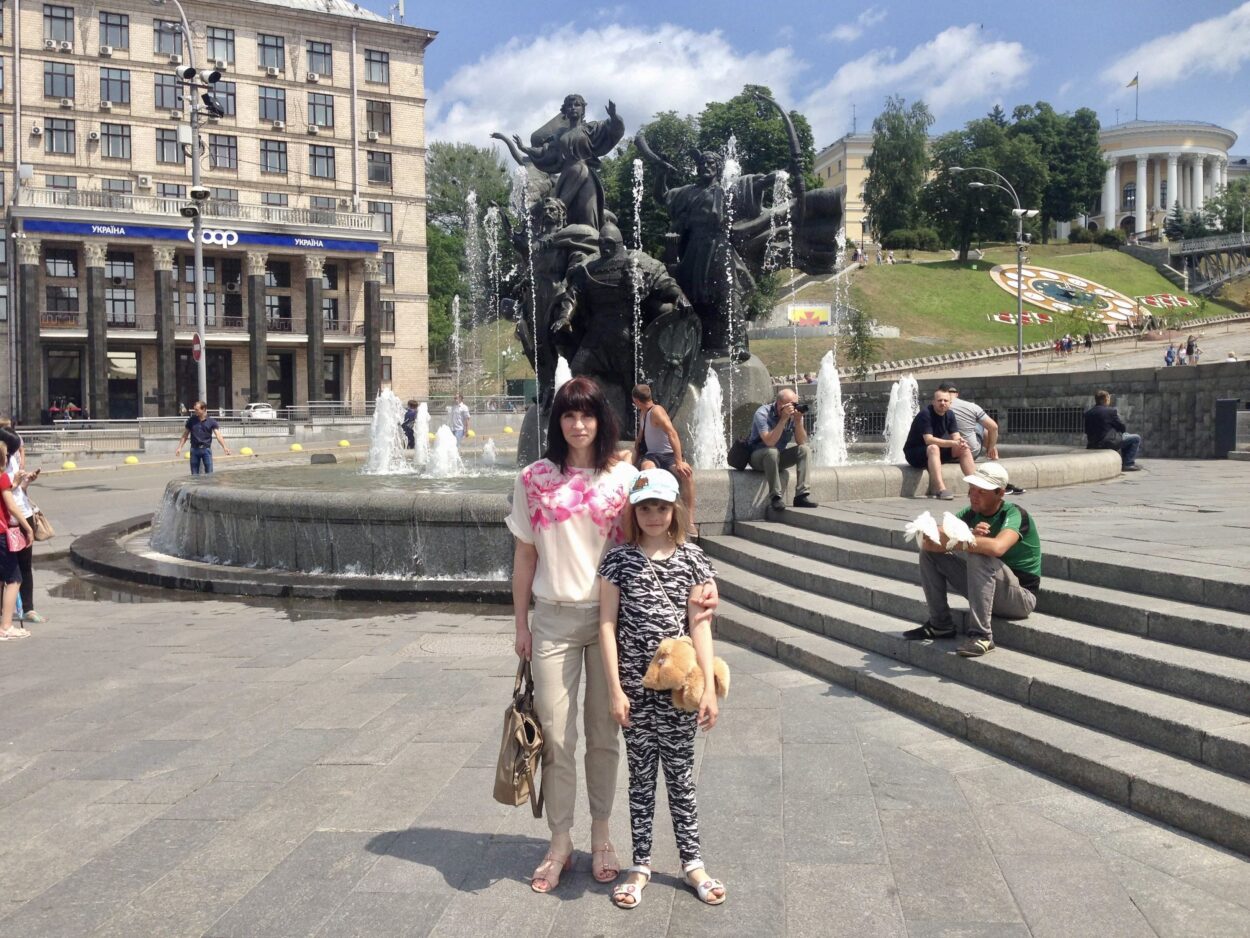
Russia’s invasion of Ukraine has been going on for nearly two weeks. Over a million refugees have fled the country. Two women in Petersburg are keeping a close watch as their family and friends are there. At the same time, they’re helping to educate their American neighbors about the situation. Angela Denning reports:
When Oksana Tolkachova first heard of the war she thought of her older sister. She’s a teacher in Kyiv, Ukraine’s capital of three million people.
“It’s scary, it’s scary. She says sometimes, ‘I’m panicking inside’,” said Tolkachova, who talks to her sister and others in Ukraine every day. “Everything is closed. I mean, normal life stopped and it’s just sounds of bombing, of sirens.”
Her sister spent a few days in the nearest shelter, which is a subway, but mostly she’s been at home. Her family goes to bed every night fully dressed ready to leave at a moment’s notice.
Tolkachova has another relative living close to Ukraine’s northern border who has blankets on all of her windows after they were blown out by explosions. And it’s cold winter weather there.
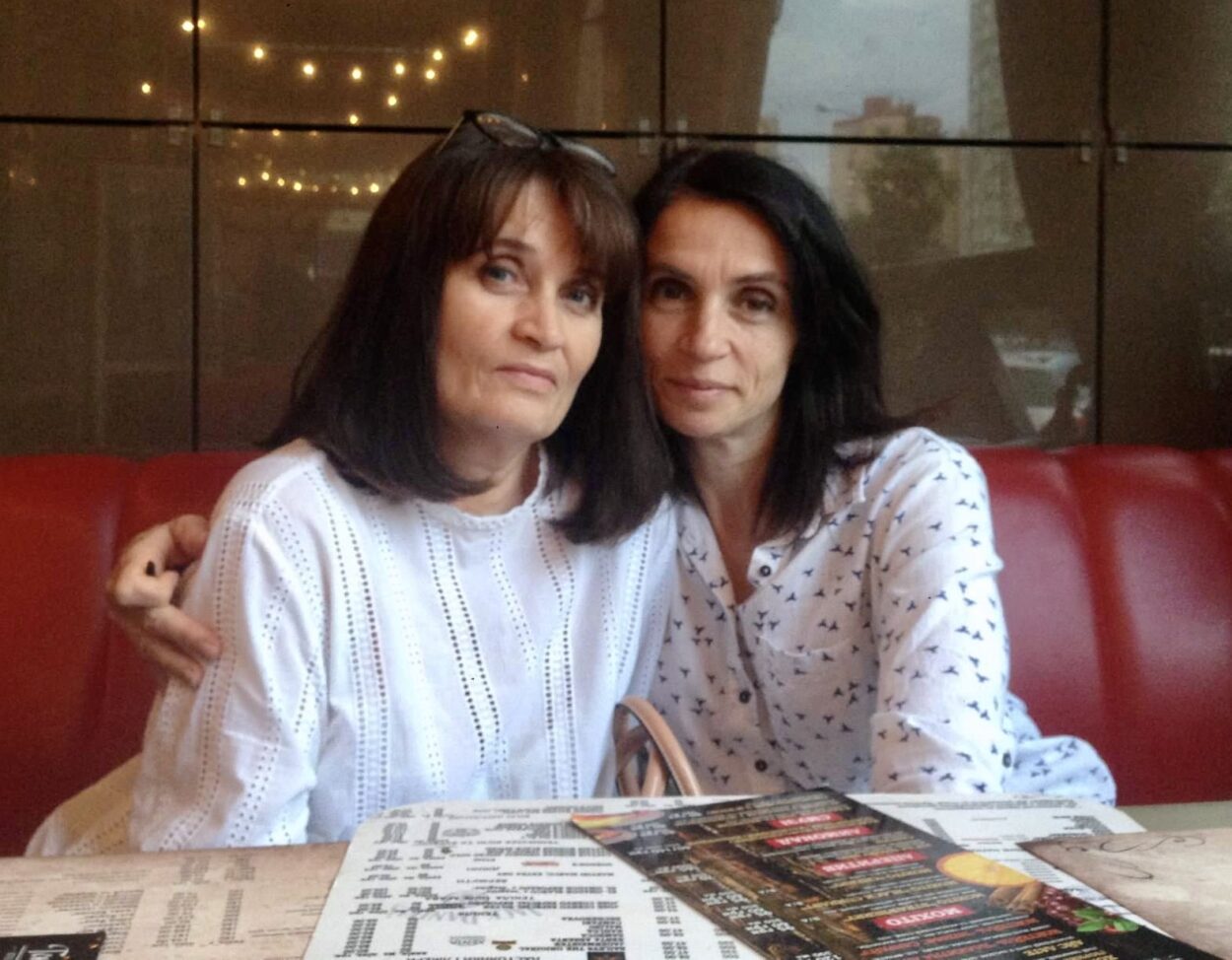
Tolkachova’s been in Southeast Alaska for five years after marrying a Petersburg man, Jeff Hupp. She works at the elementary school and spends her summers back in Ukraine.
She says people in Petersburg have been kind, approaching her about how they can help. They bring her flowers at work and at home and she’s very grateful. One special ally is Ola Richards.
“Ukrainians were a huge part of my life growing up in Poland,” Richards said.
Richards grew up in Chelm about 20 miles from Ukraine. She’d regularly cross the border shopping with her friends to buy clothes or other goods.
Speaking to Tolkachova, Richards said, “You guys have an amazing alcohol and candies and like really good stuff and, of course, there is a lot of business going on between two countries.”
That was when Richards was older after Poland was liberated in 1989. The country was communist when she was young. She only remembers a few things like everyone had jobs but there was little to buy.
“We didn’t have options like we have now. I remember standing for hours with my mom, being a kid, for toilet paper,” Richards said. “Can you imagine? Now, people are like freaking out during COVID and buying toilet paper, which we didn’t have toilet paper.”
She heard a lot about how things used to be from her grandparents: the destruction of World War II followed by Russian influences.
“Just my family talking about those times, they were unhappy,” Richards said. “They wanted them out, they wanted to be their own people.”
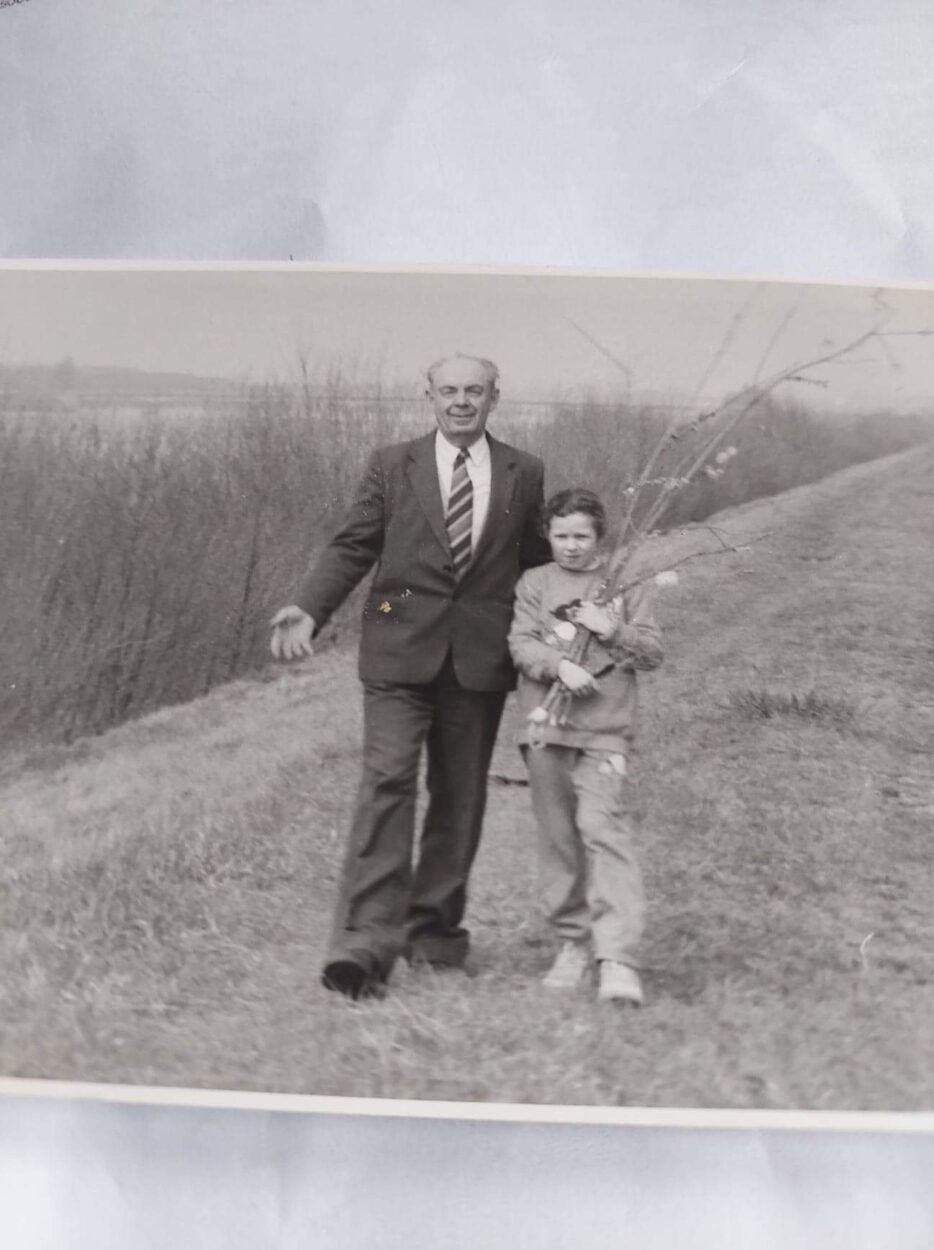
Tolkachova has relatives in Russia. Her brother-in-law is from there. And she speaks the language.
But she doesn’t trust Russian President Vladimir Putin or what he says like he’s saving the Ukrainians from Nazi leadership. Richards doesn’t buy it either.
“It looks like he’s really working his propaganda,” Richards said, “controlling the media, spreading lies.”
“Yeah, lies, it’s only lies,” Tolkachova agrees.
But it’s not that simple. Some do believe Putin, like Tolkachova’s family member who listen only to Russia state media. She and Richards say it’s not their fault.
They also feel sorry for the Russian soldiers who are young.
“You can’t even imagine how powerful Russian government is,” Richards said. “It’s not that easy to just go and face the government.”
“It’s dangerous for them,” Tolkachova agreed. “So, I think some people [in Russia] don’t understand, some people are protesting, and some people maybe understand but they are afraid to do anything.”
“And I don’t blame them,” said Richards.
“Yeah,” agreeed Tolkachova.
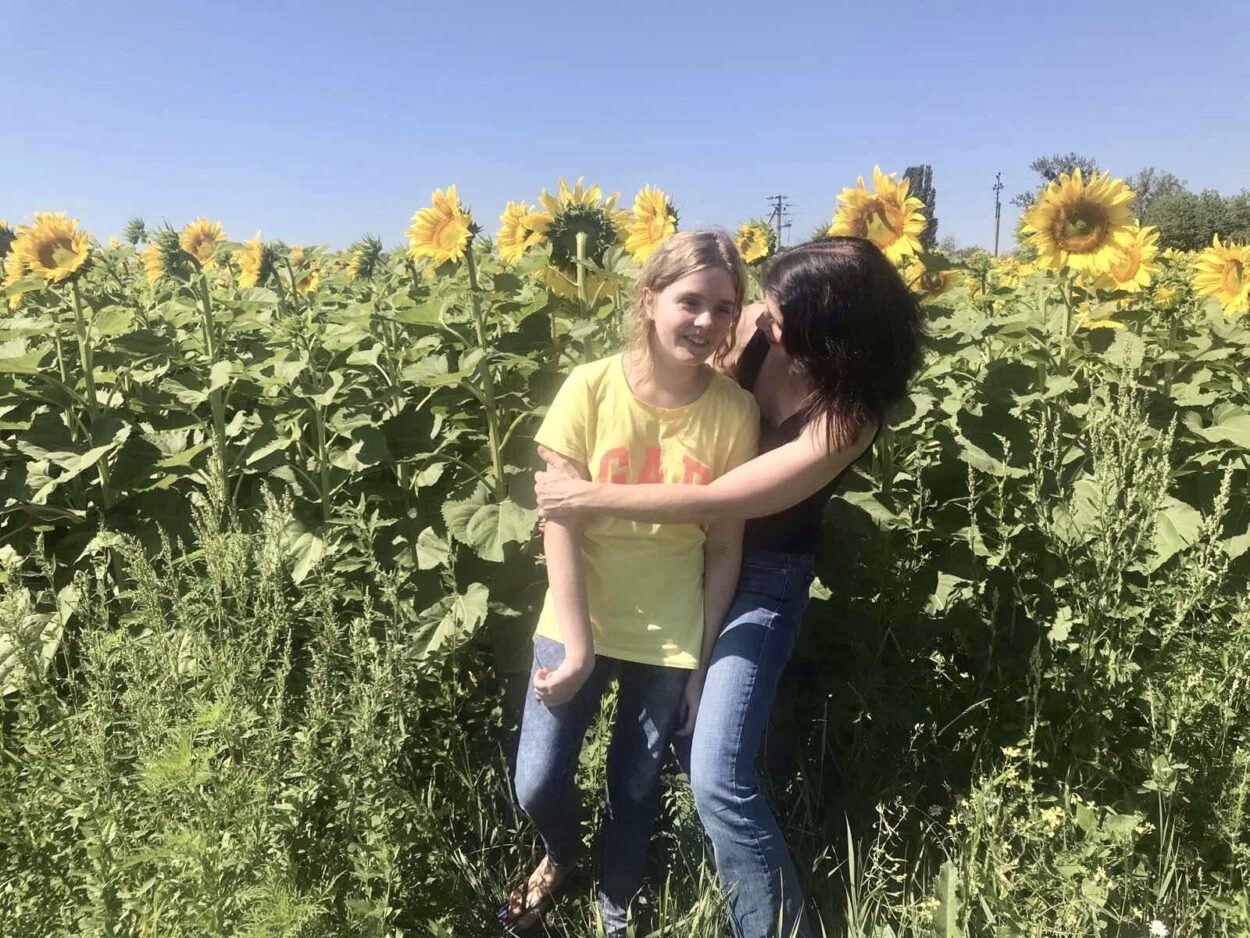
Americans also don’t always get it. In Rural Alaska people can’t imagine a life without guns but that’s just how it is over there.
“Back in Poland we don’t have access to guns,” Richards said.
“We don’t,” said Tolkachova. “And this is what is not good right now because it’s not enough guns now. People don’t have guns to fight. People are ready to fight but they don’t have guns.”
“Exactly,” Richards said. “Someone the other day asks me, ‘Well, just get your guns and fight’ and I’m like in Poland we don’t have guns.”
Tolkachova’s 13-year-old daughter, Alisa, has heard some misunderstanding too, at her middle school. A few kids were joking about being on Russia’s side and Alisa wishes people would be more sensitive.
“When you’re talking about the war, I know you don’t understand how it feels because you’re not affected by it,” Alisa Tolkachova said. “But you have to think about the people who are affected by it; the lives that are being lost right now.”
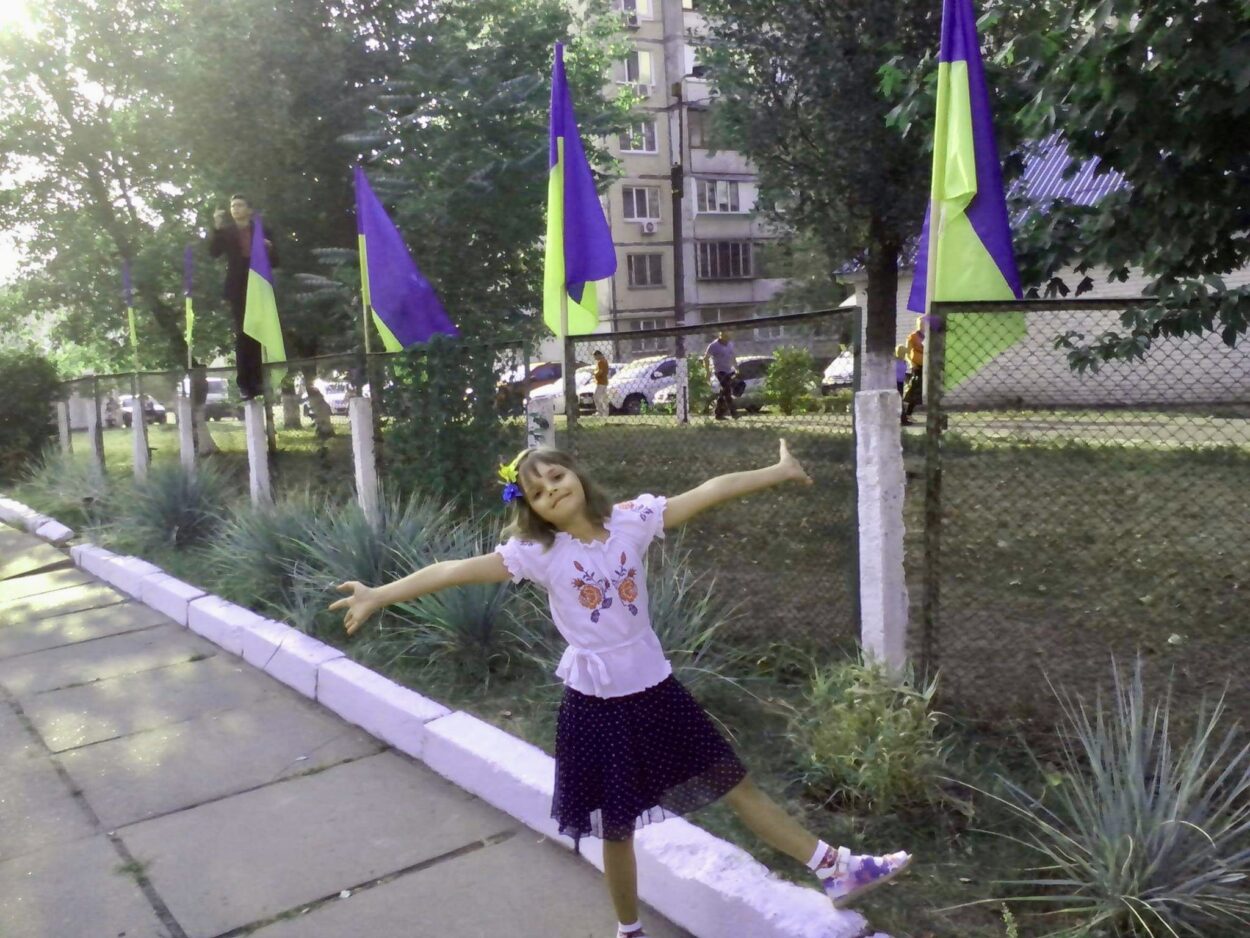
Being so far away is hard. But Oksana Tolkachova brightens up when she thinks of all the Ukrainians coming together to fight.
“People are united so much, they have such a spirit right now, even those who are quarreling on different topics or whatever, they are just united now,” she said.
The future is uncertain. Tolkachova has tickets for Ukraine for the end of May but that’s up in the air.
In the meantime, she and Richards hope their family and friends stay safe and the end to the war comes soon.
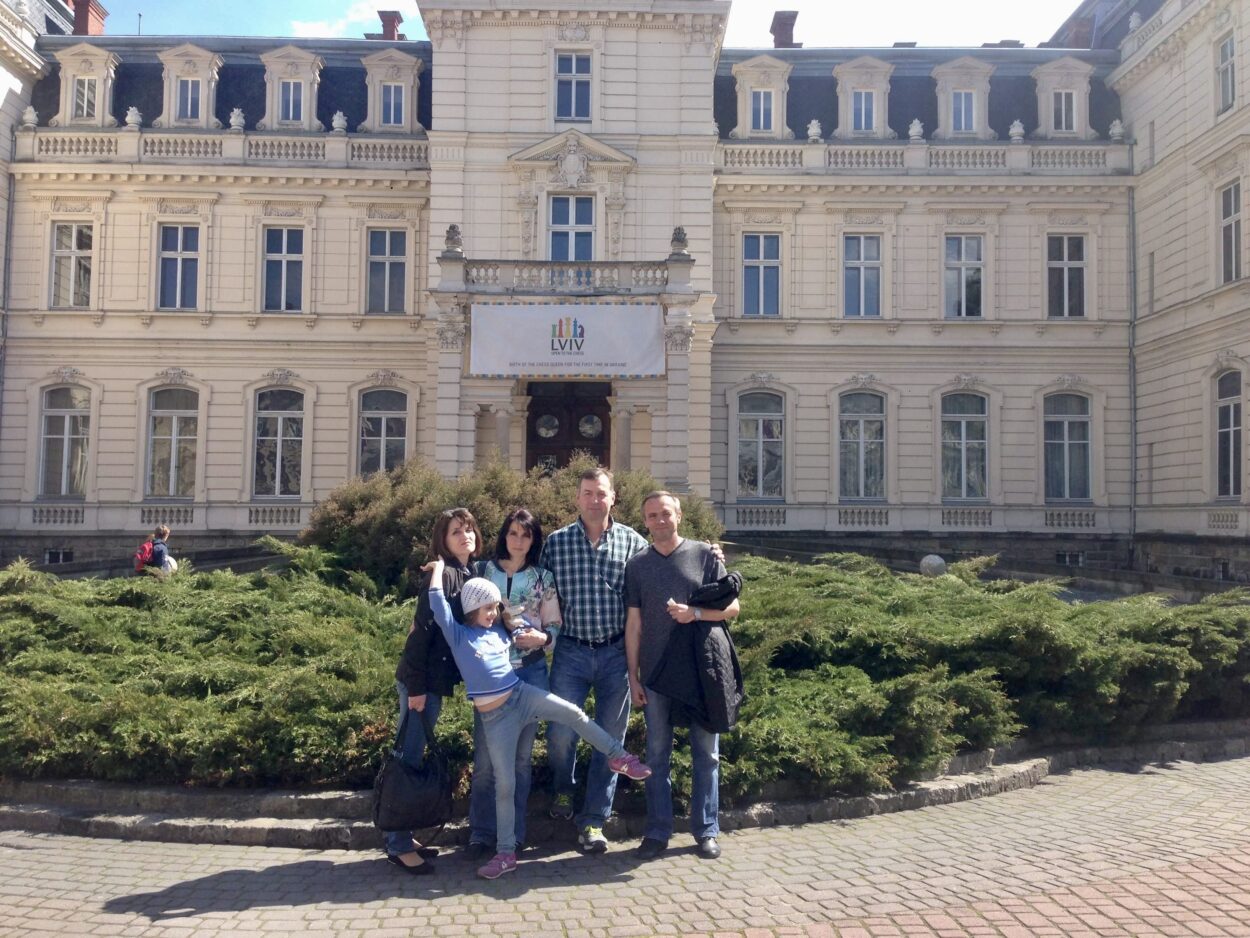
Tolkachova and Richards have been approached by people who want to help. They are sending them to the National Bank of Ukraine, which has sent up the following accounts:
This account is specifically for humanitarian assistance for Ukrainians.
This account is specifically to raise funds for Ukraine’s armed forces.











